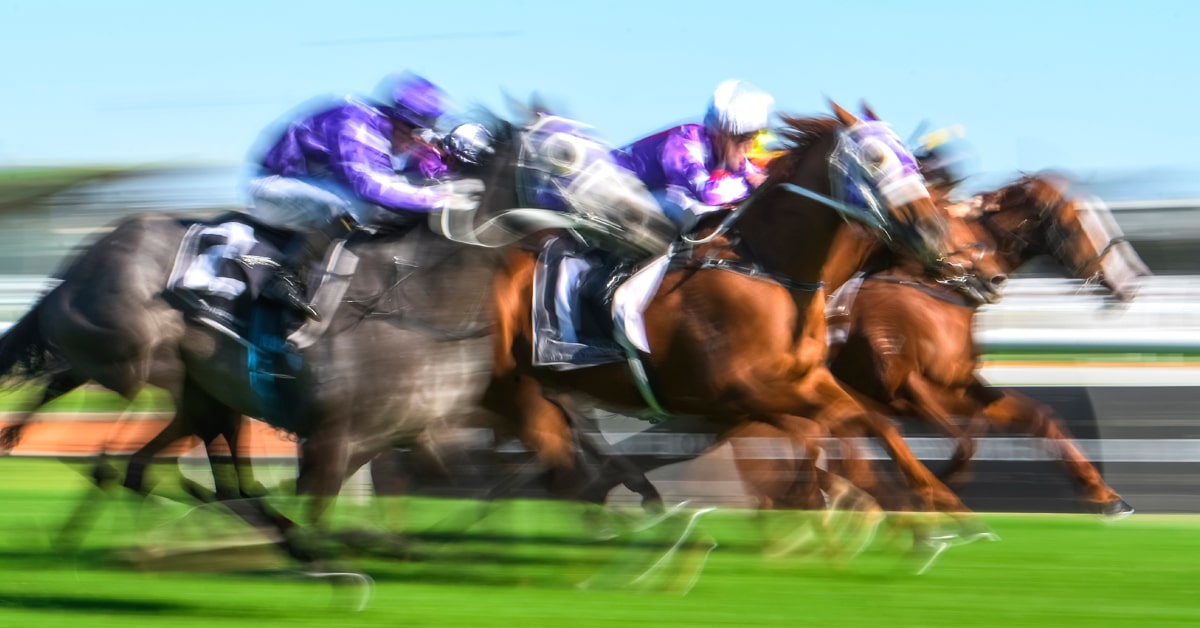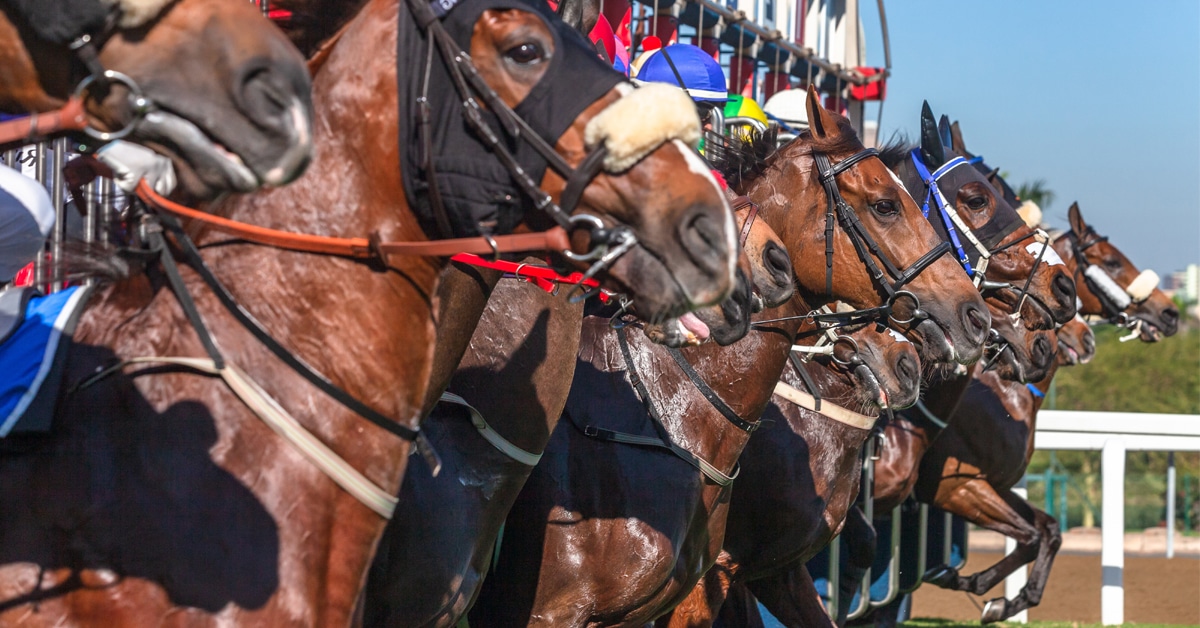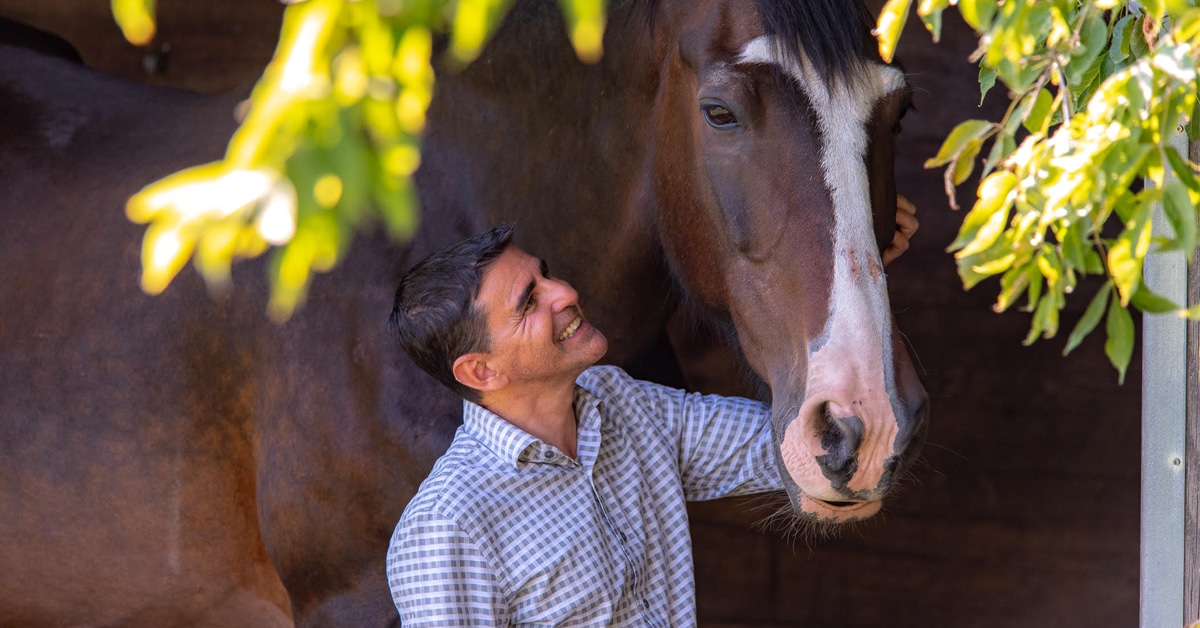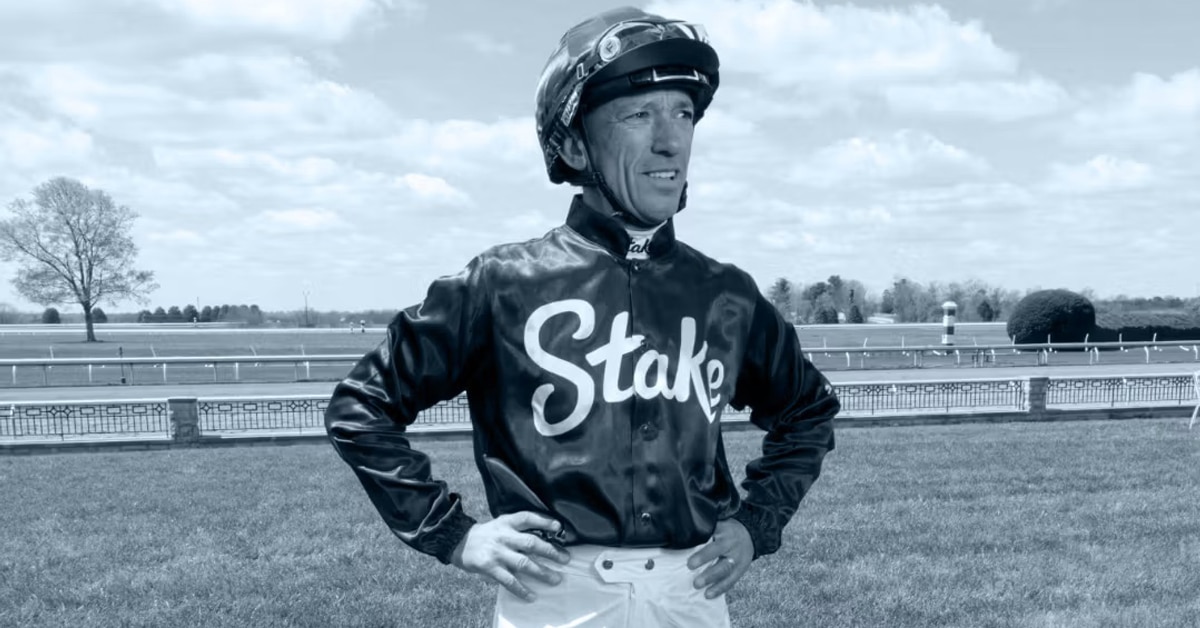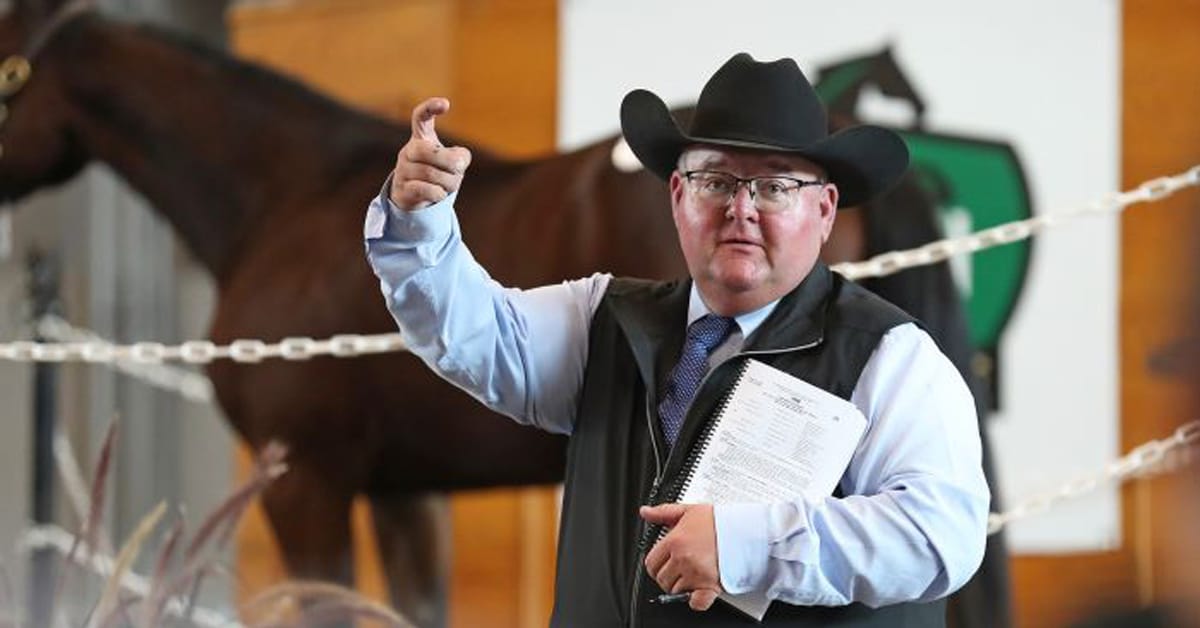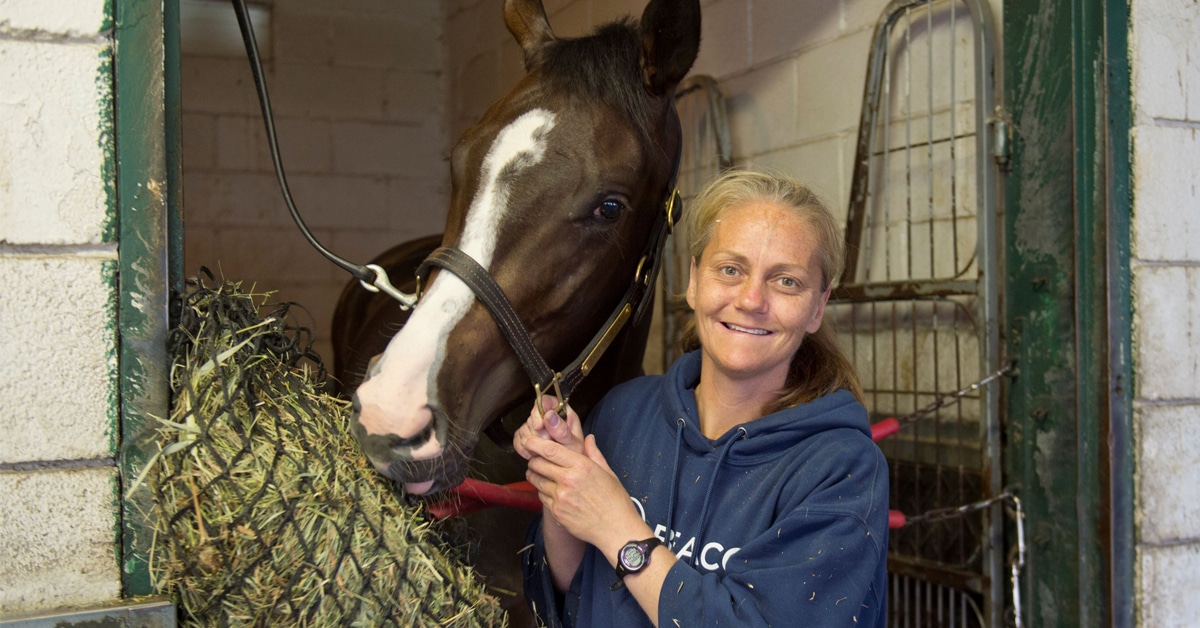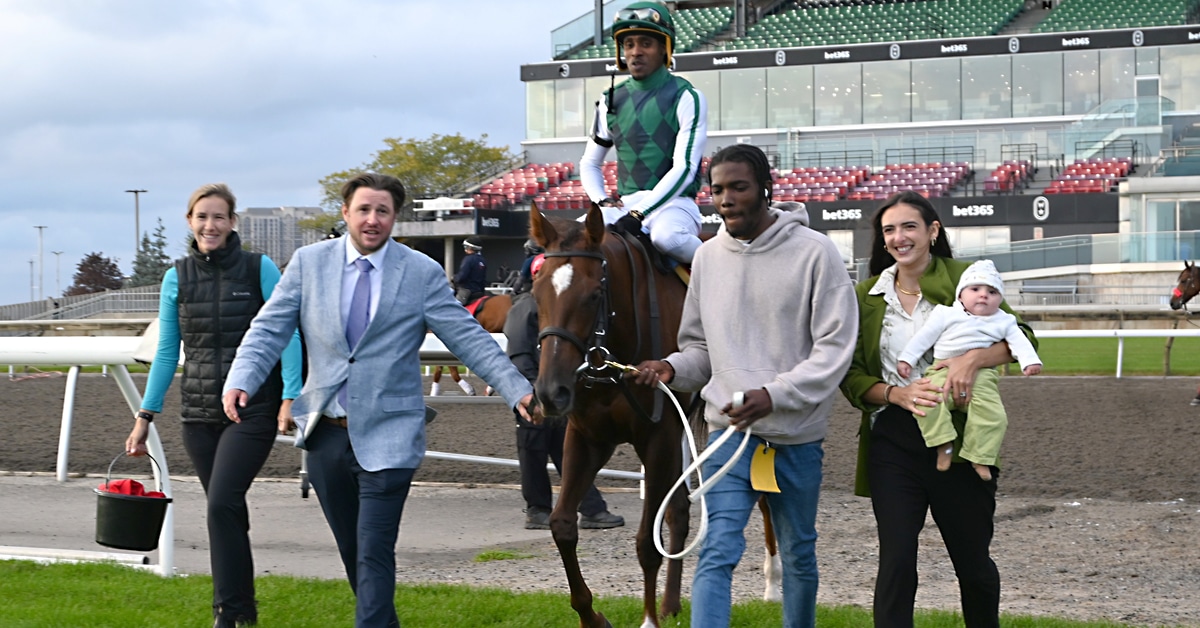The worst part of our sport reared its ugly head on one of racing’s biggest days when two horses lost their lives on the May 21 Preakness Stakes program from Pimlico Race Course in Maryland.
The two incidents were unrelated and likely unpreventable.
In the day’s first race, the 9-year-old Homeboykris – a Grade 1 winner at 2 who ran in the 2010 Kentucky Derby but had fallen into lower-level claiming races in recent years – collapsed and died shortly after a victorious stretch run and having his picture taken in the winner’s circle for the 14th time in 64 career starts.
Three races later, a 4-year-old filly by Harlan’s Holiday named Pramedya suffered a catastrophic leg fracture racing on the Pimlico turf course. She was euthanized by an attending veterinarian behind the dreaded blue screen at the top of the stretch.
Reactions were extreme.
The popular conservative news site, Drudge Report, which normally sticks to politics for its headline story, had this at the top of its web page in big, bold letters: PREAKNESS SHOCK: WINNING HORSE IN FIRST RACE DROPS DEAD; ANOTHER EUTHANIZED.
Television networks took notice, as did many of the national print and online reporters in the pressbox. Social media lit up with attacks on the sport, including this from ESPN personality Michelle Beadle (formerly part of the team that covered the Triple Crown for NBC Sports), who used the #HorseRacingSucks hashtag when commenting to her 1.2 million followers on Twitter: “Didn’t like it before I covered it. Didn’t like it when I covered it. Don’t like it now,” and “I guess the horses are ‘athletes’ until they die. Then they’re ‘just animals.’ Imagine if two baseball players died today.”
The deaths were particularly painful to the people closest to Homeboykris and Pramedya, but the piling on made it even worse.
Molly Moran, exercise rider for Francis Campitelli, the trainer of Homeboykris, posted a poignant message on Facebook: “His heart attack shocked everyone that day. And it saddened the hearts of everyone involved with the horse. As a team, the Campitellis, the grooms, the hotwalkers, the vets and myself go through leaps and bounds day after day to make sure our horses are happy and healthy. So please, learn the facts before you judge people.”
Pramedya was bred and owned by the Lael Stables of Roy and Gretchen Jackson, who 10 years earlier watched in horror as their Kentucky Derby winner, Barbaro, pulled up with a hind leg fracture shortly after breaking from the starting gate in the Preakness. That tragedy, which ultimately led to the death of the colt despite Herculean efforts by veterinarians to save him, played out over many months. This nightmare was over in an instant, at least as far as Pramedya was concerned.
However, no one who loves horses as the Jacksons do can ever fully get over such a terrible occurrence. Simply stated, they do not race sore horses or give them to anything but the most caring and skilled trainers.
So, how are those of us who love the animals and love the sport supposed to react?
It’s not good enough to say, simply, that it’s part of the game, that horses can injure themselves severely in their stall or in an open field. Or even drop dead from a heart attack.
Saying that thoroughbreds were meant to race because that is what hundreds of years of selective breeding have seared into their blood will fall on deaf ears among those who do not understand the sport. And we can’t shrug our shoulders and turn the page – not if we want horse racing to survive.
It is incumbent on everyone with skin in this game to do his or her part. Demand safety from racetracks and from the regulators who are charged with ensuring integrity and safety for our equine and human athletes. Support equine research that looks into how to prevent catastrophic injuries and then use the results of that research to protect your horses.
Until we can say with all honesty that we are doing everything possible to make this the safest and most humane sport it can be, horse racing will always remain under the public’s critical microscope and face an uncertain future.
“It is incumbent on everyone with skin in this game to do his or her part. Demand safety from racetracks and from the regulators who are charged with ensuring integrity and safety for our equine and human athletes.”
The Latest
